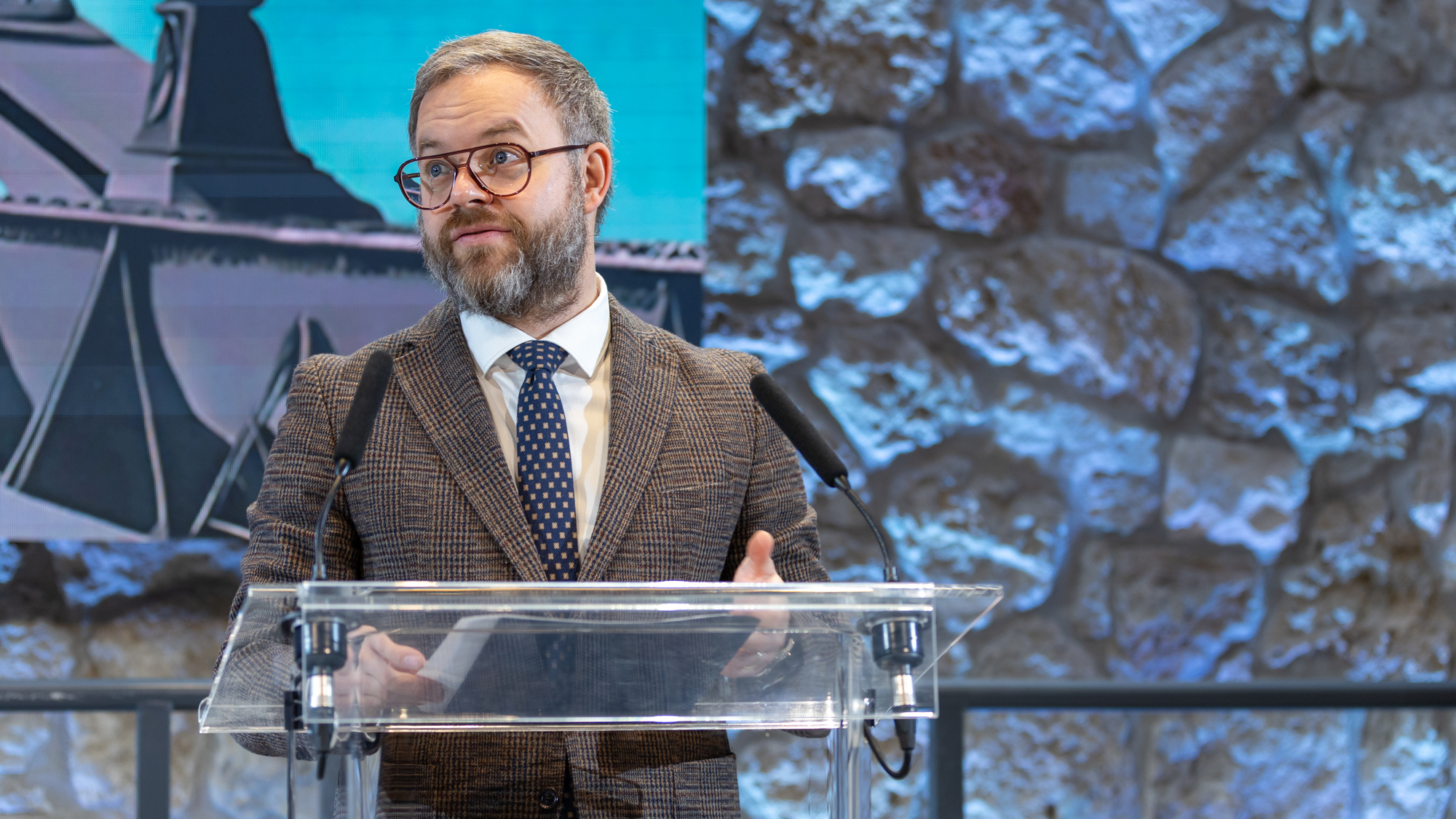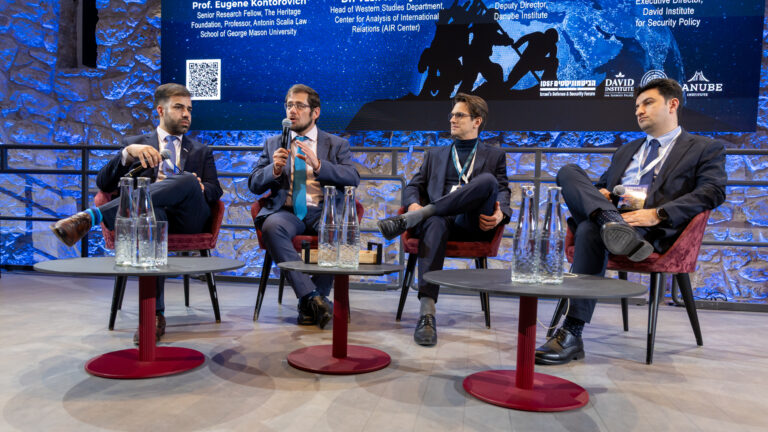Hungarian Prime Minister Viktor Orbán’s political director—and now Fidesz’s 2026 campaign chief—Balázs Orbán has launched his own Substack, declaring that Hungary, though a small nation, has answers to global challenges the mainstream refuses to acknowledge.
‘You won’t often read this in the mainstream media, so I’ll share it here,’ he wrote in his first entry, arguing that Hungary is misrepresented simply because it dares to challenge liberal dogmas—from migration to gender ideology. ‘Yet many of you see value and take encouragement from Hungary’s national interest–driven story, which may offer both perspective and inspiration.’
Balázs Orbán on X (formerly Twitter): “🇭🇺Hungary is a small nation, but we have our own answer to global challenges-always rooted in national interest. You won’t often read this in the mainstream, so I’ll share it here on Substack. First piece is out⬇️https://t.co/HLMzfCK9Us pic.twitter.com/e4XymzhQz7 / X”
🇭🇺Hungary is a small nation, but we have our own answer to global challenges-always rooted in national interest. You won’t often read this in the mainstream, so I’ll share it here on Substack. First piece is out⬇️https://t.co/HLMzfCK9Us pic.twitter.com/e4XymzhQz7
For Balázs Orbán, the 2026 election is no ordinary contest. ‘The stakes are much higher: can Hungary preserve its own path, or will it give in to the external and internal pressures that both push for change? From the outside, Brussels; from the inside, the Brussels-backed Tisza Party,’ he warned.
Reflecting on Viktor Orbán’s annual Kötcse address, he highlighted the prime minister’s four key geopolitical observations: the United States has abandoned democracy export; Russia, in practice, has won the war; Ukraine’s partition is already on the table; and Europe is historically falling behind. Instead of confronting its decline, Brussels doubles down on debt and dreams of federalization—a ‘Hamiltonian moment’ that mortgages Europe’s future to force political union.
Ukraine sits at the centre of this failed project. Admitting Kyiv, he warns, would mean economic collapse through endless subsidies and debt, and war through automatic security obligations. ‘This is not Europe’s salvation, but its destruction.’
Von der Leyen’s leadership, he argued, epitomizes this crisis. On the eve of her State of the Union address, polls revealed that 60 per cent of Europeans want her gone, three-quarters say she has failed to defend European interests, and 77 per cent see her trade deal with Washington as benefiting only the US. For Balázs Orbán, the conclusion is stark: Europe is being sacrificed for Ukraine, and its citizens are footing the bill.
Balázs Orbán on X (formerly Twitter): “⚠️ One day before Ursula von der Leyen’s State of the Union speech, a sobering poll:📊 6️⃣0️⃣ % of Europeans say she should resign.📉 7️⃣5️⃣ % say she failed to defend EU interests.Support for 🇪🇺 EU membership remains-but 3️⃣7️⃣ % warn the EU itself becomes meaningless if it cannot… pic.twitter.com/25ZjMRh0wU / X”
⚠️ One day before Ursula von der Leyen’s State of the Union speech, a sobering poll:📊 6️⃣0️⃣ % of Europeans say she should resign.📉 7️⃣5️⃣ % say she failed to defend EU interests.Support for 🇪🇺 EU membership remains-but 3️⃣7️⃣ % warn the EU itself becomes meaningless if it cannot… pic.twitter.com/25ZjMRh0wU
By contrast, Central Europe shows a different path. In Poland, President Karol Nawrocki has pledged to revive the V4 alliance. In the Czech Republic, Andrej Babiš prepares a comeback. Across the region, patriotic leaders resist Brussels’s path of debt, war, and dependency. Hungary, Orbán stressed, has delivered on jobs, tax cuts, pensions, and family support, and now extends new measures like 3 per cent fixed-rate housing loans for first-time buyers. Unlike Western Europe’s collapsing welfare systems, Hungary ties support to family growth, work, and national security.
Domestically, he exposed Péter Magyar’s Tisza Party for plotting hidden tax hikes—$3 billion in extra costs for the middle class under a three-tier system—plans the leadership admitted they would conceal until after the election.
Finally, he pointed to Budapest’s growing role as a conservative intellectual hub. The Mathias Corvinus Collegium (MCC) continues to attract global thinkers such as King’s College professor David Betz, while the Danube Institute is about to host its 5th Geopolitical Summit, with leading voices including Singapore’s former foreign minister George Yeo.
‘In just six years, Budapest has become the intellectual capital of conservatism,’ Balázs Orbán concluded. In a Europe weakened by debt, migration, and dependency, he argued, Central Europe—and Hungary above all—offers the only viable way forward.
Related articles:







